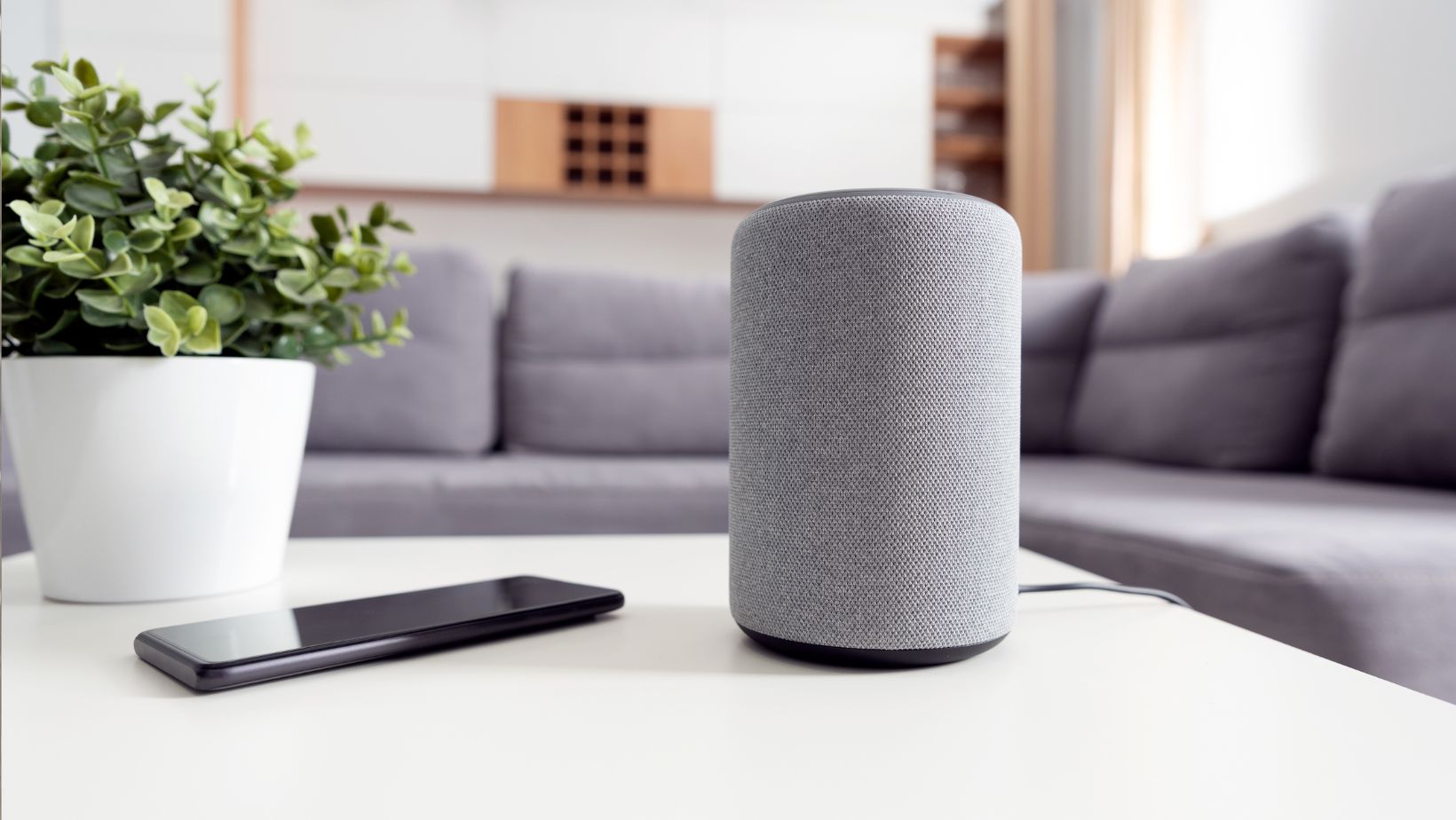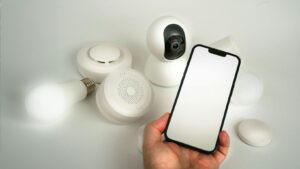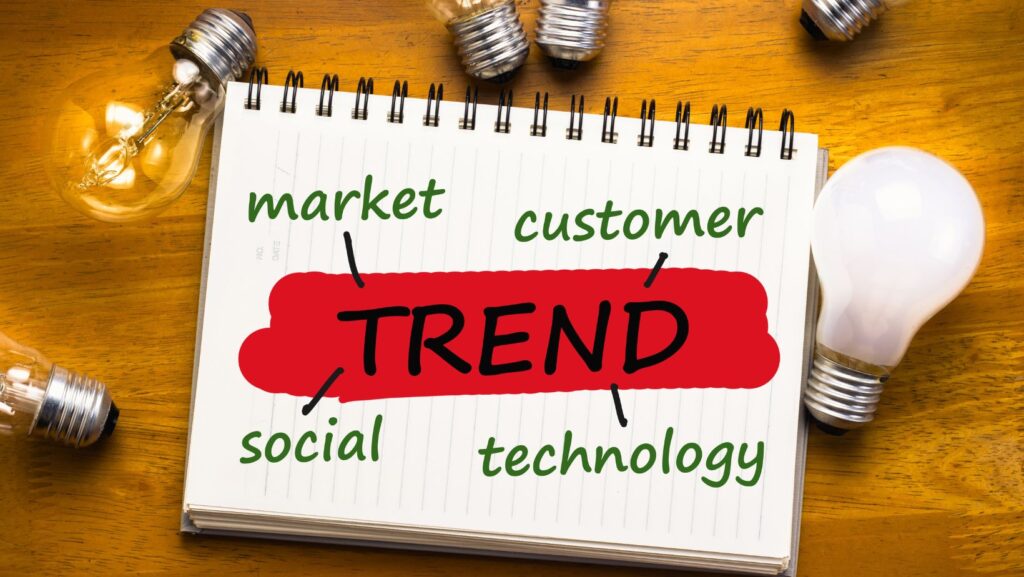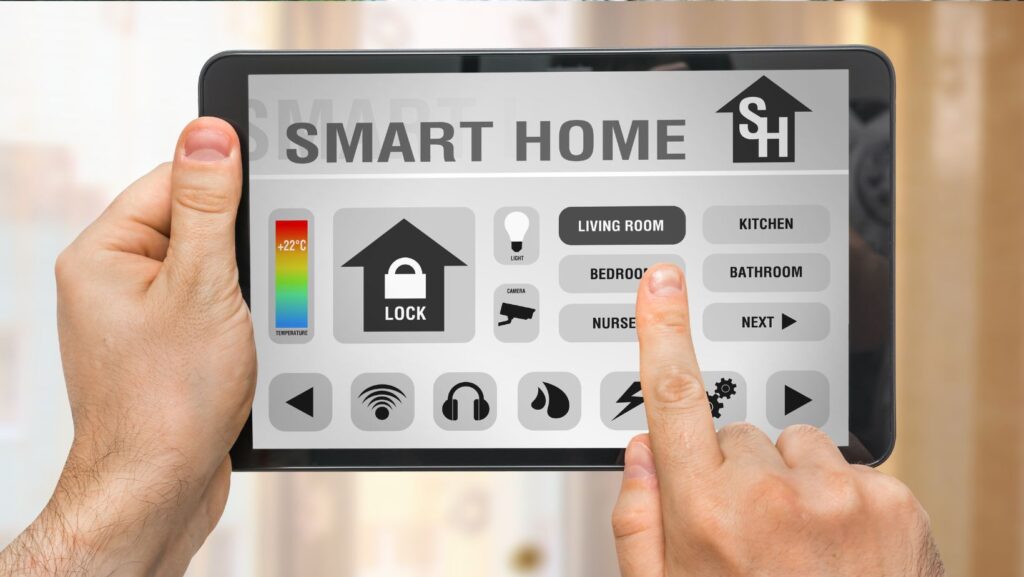
In today’s fast-paced world, smart devices have seamlessly woven themselves into the fabric of everyday life, transforming how people interact with technology. These innovative gadgets, ranging from smartphones and smartwatches to smart home appliances, have redefined convenience by offering connectivity and intelligence at users’ fingertips. As they become more ubiquitous, understanding what truly makes a device “smart” is essential for grasping their impact.
As the digital landscape continues to evolve, the definition of smart devices expands, encompassing an ever-growing array of functions and possibilities. Embracing this technological shift offers a glimpse into a future where smart devices play an integral role in shaping a smarter, more connected world.
Smart Devices Definition
 Smart devices are electronic gadgets with the ability to connect to networks, process data, and interact intelligently. Embedded sensors and microprocessors enable them to perform tasks efficiently and respond to user input uniquely.
Smart devices are electronic gadgets with the ability to connect to networks, process data, and interact intelligently. Embedded sensors and microprocessors enable them to perform tasks efficiently and respond to user input uniquely.
These devices include smartphones, which allow communication and internet access, and smartwatches, which track health metrics like heart rate and step count. Smart home appliances, such as thermostats and lights, learn user preferences to automate tasks and improve energy efficiency.
Artificial intelligence and machine learning drive smart devices, increasing their ability to learn from data and improve over time. This capability enables the customization of services and enhances user experience. A key feature is interoperability, allowing different devices to interact and create an integrated system. In healthcare, smart devices monitor patient health remotely, improving diagnosis and treatment.
The Internet of Things (IoT) is crucial in defining smart devices, creating a vast network where devices communicate effortlessly. This communication streamlines operations and brings automation and control. As these technologies advance, smart devices continue expanding their roles, becoming more essential daily.
Common Types of Smart Devices
Smartphones transform communication and access to information. With advanced processors, internet connectivity, and sensors, they enable users to perform tasks ranging from navigation to virtual meetings.
Smartwatches enhance personal health and connectivity. They monitor physical activity, heart rate, and sleep patterns while providing notifications and apps that synchronize with smartphones.
Smart home appliances, such as smart refrigerators and thermostats, optimize household management. By connecting to the Internet of Things (IoT) networks, these devices adjust operations automatically to improve energy efficiency and convenience.

Smart security systems elevate home safety. With cameras, motion detectors, and remote monitoring, they allow users to secure their homes and receive alerts in real-time.
Each of these smart devices leverages connectivity and advanced features to enhance various aspects of daily life, emphasizing the increasing importance of integrated technology solutions.
Advancements in Smart Device Technology
Smart device technology has evolved significantly, integrating artificial intelligence (AI) and machine learning to enhance functionality. AI-driven virtual assistants like Alexa and Google Assistant enable devices to understand and respond to voice commands, improving user interaction. Machine learning algorithms personalize experiences by predicting user preferences and automating tasks.
5G connectivity is a major advancement, offering faster data transfer and reduced latency. This improved network capability supports real-time applications, such as video conferencing and augmented reality. Additionally, edge computing reduces lag by processing data closer to the device, enhancing performance.
Smart sensors and improved battery technology have expanded possibilities for wearable devices. Sensors track health metrics in real-time, providing insights into physical activity and wellness. Enhanced batteries extend device usage between charges, making them more reliable for users.
Security advancements protect personal data. Biometric authentication, such as fingerprint and facial recognition, ensures secure access. Advanced encryption methods safeguard information, reinforcing user trust in smart devices.
Benefits of Smart Devices
 Smart devices have become indispensable in enhancing everyday life by seamlessly integrating technology into routine activities. They offer unparalleled convenience through their ability to connect and interact intelligently, making tasks more efficient and user-friendly.
Smart devices have become indispensable in enhancing everyday life by seamlessly integrating technology into routine activities. They offer unparalleled convenience through their ability to connect and interact intelligently, making tasks more efficient and user-friendly.
By leveraging advanced sensors and AI, these devices provide personalized experiences that cater to individual needs, transforming them from mere tools into essential companions.
The integration of IoT and interoperability ensures that smart devices work harmoniously, creating a cohesive ecosystem that streamlines operations and improves user experiences. Their ability to adapt and evolve with new technological advancements underscores their growing significance in various sectors, from healthcare to home automation, making them crucial in shaping a smarter, more connected future.


